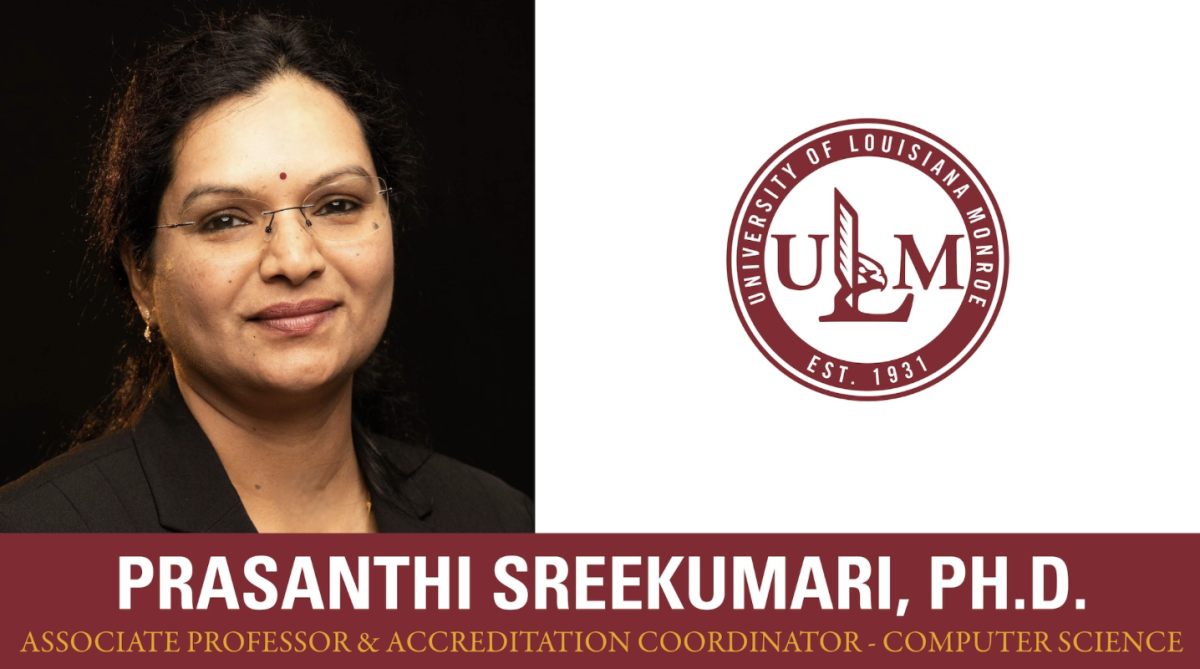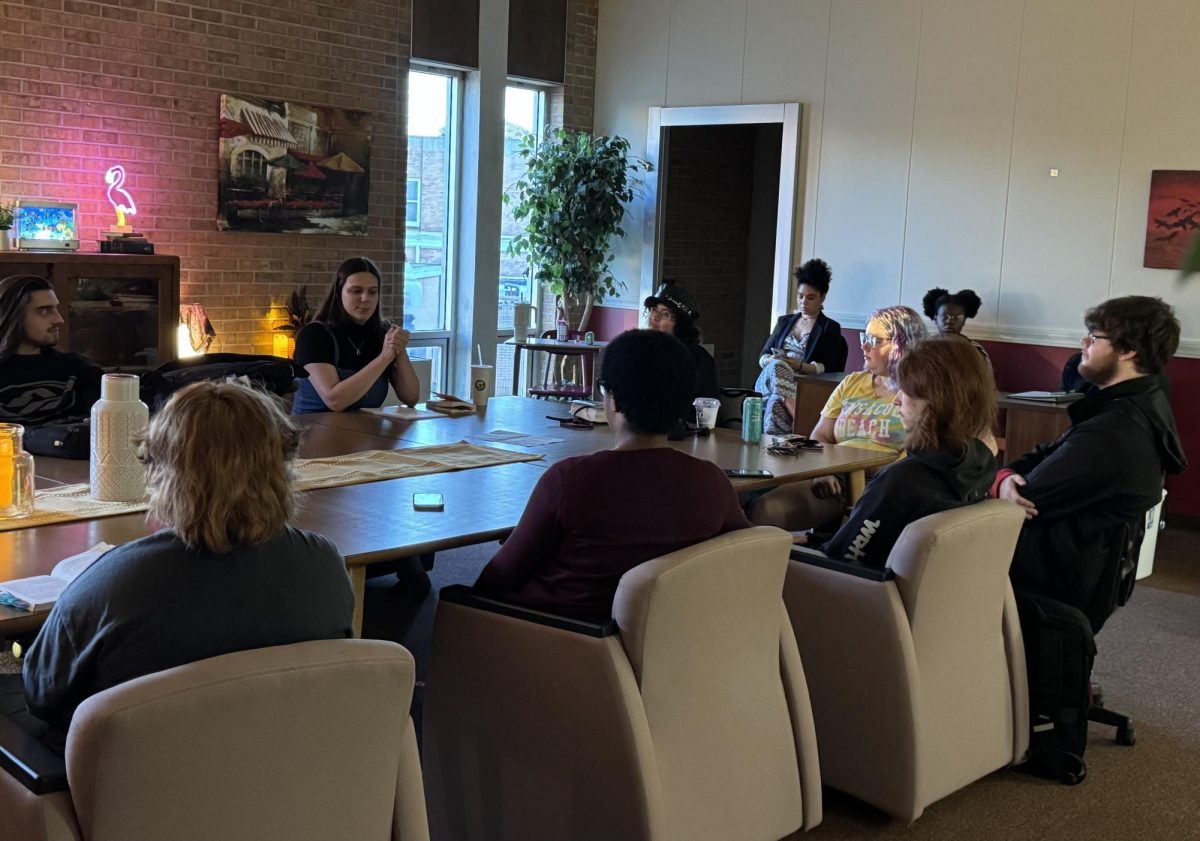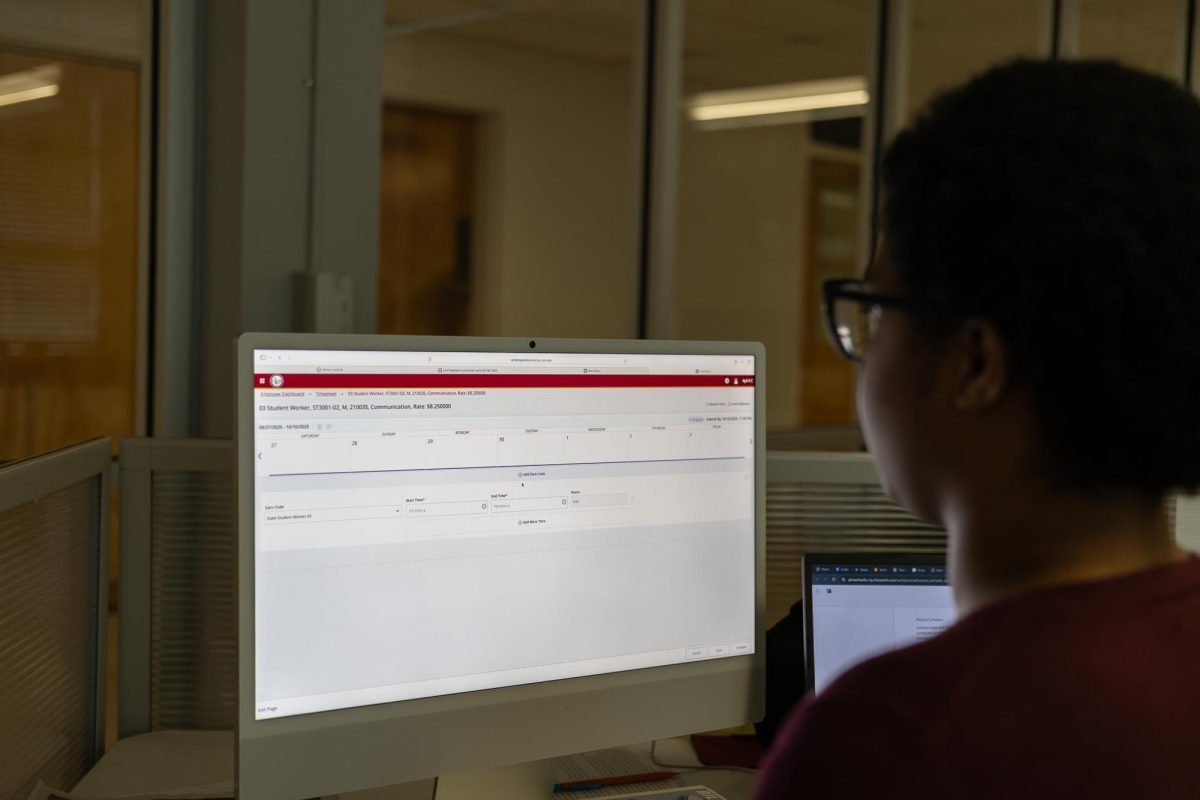Newly-elected Gov. Jeff Landry signed a bill altering how Louisiana conducts primary elections on Jan. 22. HB 17 calls for replacing Louisiana’s jungle primary system with a closed primary system.
According to AP, Louisiana election officials have used the jungle primary system since 1975
. Candidates of all party affiliations appeared on the same ballot during the primary election in November. Voters did not have to vote in line with their political party.
If a candidate received over 50% of the votes, then the candidate won the election. Sometimes, not a single candidate received over 50% of the votes due to the large number of competitors. In that case, the top two candidates advanced to a run-off election in December.
The new system requires each political party to host its own primary election. Essentially, all the Republican candidates will appear on a single ballot. Registered Republican voters then select which candidate will represent the party in a general election. The same system applies to the Democratic Party as well.
In the general election, the winner of the Republican primary will face the winner of the Democratic primary. Third-party candidates can compete in the general election if he or she gathered signatures from nonpartisan registered voters.
Nonpartisan registered voters can vote in either the Republican or Democratic primary. Lawmakers added this stipulation in an amendment to HB 17.
HB 17 states that the closed primary system will only apply to “office of senator or representative in the United States Congress, Justice of the Supreme Court, the State Board of Elementary and Secondary Education and the Public Service Commission.”
The bill divided the Louisiana Congress along partisan lines. The bill passed with a 64-40 majority in the House of Representatives and 29-9 majority in the Senate. Republicans largely supported the bill while Democrats and Independents opposed the changes.
As a staunch supporter of closed primaries, Gov. Landry argued that the jungle primary is a “relic of the past which has left us dead at last.” Landry stated that the switch favors common sense over a complicated series of elections.
“It is time to rewrite our story and move to a similar system we have already tried, tested and still use in presidential primaries today,” Landry said in an article by the Shreveport Times.
Meanwhile, some lawmakers such as Rep. Joe Stagni, R-Kenner, supported the jungle primary system. He believes elections need to prioritize people, not parties.
“The difference is we elect people, not parties, and every person ought to have the opportunity to qualify for that seat,” Stagni said in a LA Illuminator article.
The bill will go into effect on Jan. 1, 2026, affecting the statewide elections occurring that year.




